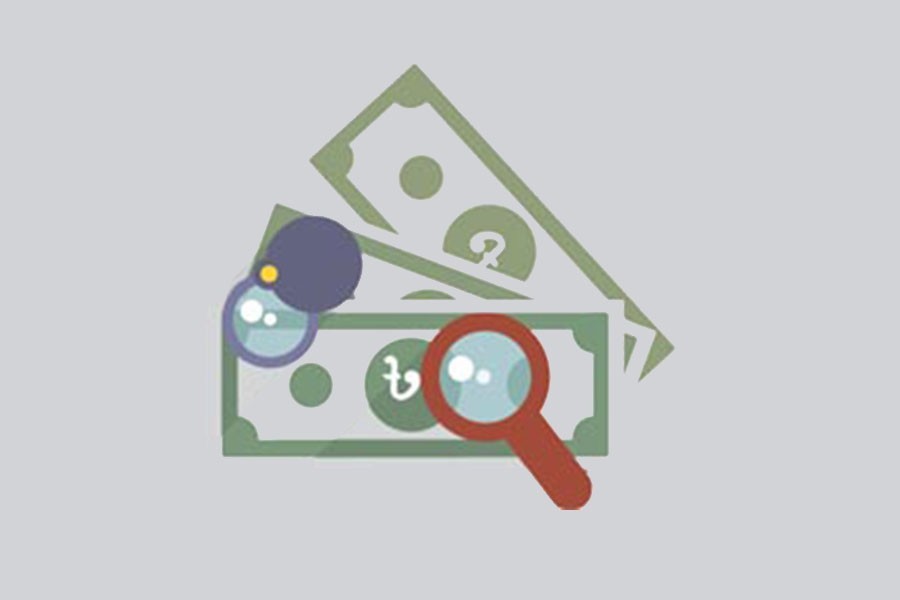Banks are going to face substantial pressure originating from an ever-bulging defaulted loans in the next years as the regulatory support in this particular area is due to expire by the end of this calendar year, bankers and experts say.
They, however, advised the banks to assess upfront the risk appetite for both customers and sectors.
Such an assessment will help better adjust risks that might be created after the end of Bangladesh Bank's policy support intended to help businesses overcome the adverse effects of the Covid-19 pandemic, they noted, saying 2021-22 will be more challenging years for the banks.
Meanwhile, the central bank is now working on issuing a directive for the banks to keep provisions against their loans for minimising the possible shocks.
"We'll issue the directive considering the financial health of the banks during the July-September period," Abu Farah Md. Naser, executive director of the BB, told the FE on Sunday.
Talking to the FE, another BB official said the possibility of extending the central bank's policy support will depend on the severity of the second wave of the Covid-19 pandemic.
Such policy support may be extended for another quarter if the Covid-19 pandemic situation deteriorates in Bangladesh, the central banker hinted.

"We'll have to make such an assessment to address lots of challenges from the first quarter of 2021," Syed Mahbubur Rahman, former chairman of the Association of Bankers, Bangladesh (ABB), told the FE.
Mr. Rahman, also managing director (MD) and chief executive officer (CEO) of Mutual Trust Bank Limited, sought fresh policy support from the central bank for rescheduling and restructuring of loans on the basis of 'banker-customer' relationship to cleanse the balance sheet.
Echoing Mr Rahman, former MD and CEO of NRB Bank Limited Mehmood Husain said the sectors such as smaller enterprises, tourism, hospitality and transportation hit by the pandemic should be given extra time for rescheduling their loans so that they can revamp their business.
"We'll have to give more emphasis on SMEs, which have adversely been affected by Covid-19," the senior banker noted.
Shah Md. Ahsan Habib, professor of the Bangladesh Institute of Bank Management (BIBM), said each bank should conduct a 'stress test' to review their financial health.
A stress test is an analysis designed to determine the capacity of a financial institution to deal with an economic crisis.
"The banks should also expedite their own monitoring and supervisions to ensure proper use of the government's financial stimulus packages," Dr. Habib said.
He also expressed the fear that improper implementation of the stimulus packages could deteriorate the NPL situation further.
The classified loan in the banking sector of Bangladesh is still the number one challenge, though the number of such loans dropped slightly in September 2020 as the central bank suspended the routine exercise of classification to help businesses cushion the Covid blow.
The volume of NPL fell by nearly 2.0 per cent or Tk 16.76 billion to Tk 944.40 billion as on September 30 from Tk 961.17 billion as on June 30 this year, the BB data showed.
The bankers, however, said the real picture of the defaulted loans would become clear after the end of suspending loan classification.
The banks are not allowed to classify loans adversely until December 31, 2020, in line with the BB's directives.
The central bank asked the banks not to be harsh while classifying loans until December 31 next. The original deadline for the facility was supposed to expire on September 30.
This was the second extension. The concession that came into effect for the first time on March 19 was made effective until June 30. But it was extended until September 30 to help the businesses battered by the pandemic.
Besides, the repayment of all loan installments has been deferred from January 01 to December 31.


